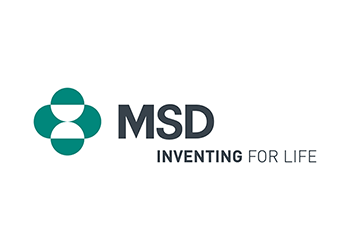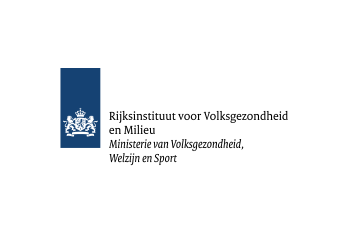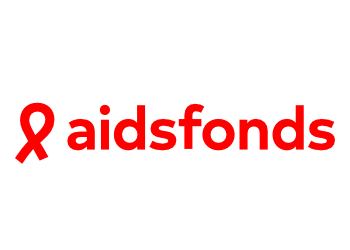In 2019, there were approximately 200 children (0-18 years old) in the Netherlands, known to be living with HIV. Of the children known at our HIV treatment centres, about two thirds were under 12, and about one third were between 12 and 18 years old. Most of the children in the Netherlands with HIV were adopted.
In brief:
- There are four HIV treatment centres, specialised in treating children.
- Children receive different care and medication than adults.
Treating children
Most children with HIV are treated at one of the four HIV treatment centres specialised in treating children with HIV. These treatment centres are in Amsterdam, Rotterdam, Utrecht and Groningen. For children living far from an HIV treatment centre, a paediatric infectious disease doctor in that particular region can provide the care themselves, in clinical appointment with the nearest paediatric HIV treatment centre.
In principle, children with HIV are fully informed about the diagnosis and the treatment plan, from the age of 12. In close clinical appointment with the parents, of course. Young people of 16 and older have an independent right to information and must give their own consent for treatment.
Medication for babies
In the Netherlands, babies of mothers with HIV receive preventive HIV medication for four weeks after birth. If HIV was transmitted during childbirth, the HIV medication ensures that the baby does not get HIV. This medication is a drink and is given daily.
If the baby already has HIV, the baby is given HIV medication daily. There are several types of HIV medication suitable for babies. The doctor will weigh up which is the best medication to give to each baby.
Medication for children
At around the age of six, children switch from medication in the form of drinks to pills. With children, consideration is also given to which medication is best suited. Many HIV medications that adults take are also suitable for children, although the dosage is usually lower for children.
It can sometimes be difficult for children to adhere to a treatment regime, and to take their medication properly. It is important for the child to know that he or she is taking pills to stay healthy. It can take some time to figure out the best time to take it. Click here for tips on not forgetting medication.
Transition from paediatric care to adult care
Between the ages of 16 and 18, treatment at the paediatric HIV treatment centre switches to an HIV treatment centre. A transition protocol has been drawn up to ensure a smooth transition from child to adult care services. It may take some time to get used to this move. The adult clinical appointment is set up differently than that for children, and seeing a different HIV nurse and specialised HIV doctor may take some getting used to. You can read more on this website (in Dutch) about the transition from paediatric care to adult care.
Information for children
There is also an interactive digital outpatient clinic for children and young people on the internet, with a special section on HIV (in Dutch ). Many children and young people carry around questions they haven't been able to ask their practitioner. Or they just want to know something about living with HIV right now, but their next outpatient appointment is a month away, or even more. At the digital outpatient clinic, you can:
- Ask a specialised HIV doctor, general practitioner or HIV nurse a question anonymously.
- Ask a peer supporter a question anonymously.
- Share experiences or just chat with other children.
- Learn more about HIV.
The Hiv Vereniging (Dutch HIV Association) has created a workbook for children from 7 to 12 years old. This is usually given to you at the HIV treatment centre. If you want one but haven’t received it yet, ask your paediatric doctor or HIV nurse about this. For young people between 11 and 21, there is also a group called The Young Ones. All these young people have HIV and are treated in one of the paediatric HIV treatment centres until they are 18. After that they transfer to adult care in the HIV treatment centre. Each year activities are organised. Besides all the fun and laughter, there is also time and space for serious matters. Read more about The Young Ones (in Dutch).
Want to share experiences?
You can do this in the Positive Families Group at the Hiv Vereniging. Positive Families is committed to families living with HIV. Families in which one or more children and/or parents are living with HIV. So it’s also for parents, brothers or sisters who don’t have HIV. Because HIV in the family has consequences for the whole family. Find more information on Positive Families here (in Dutch).








